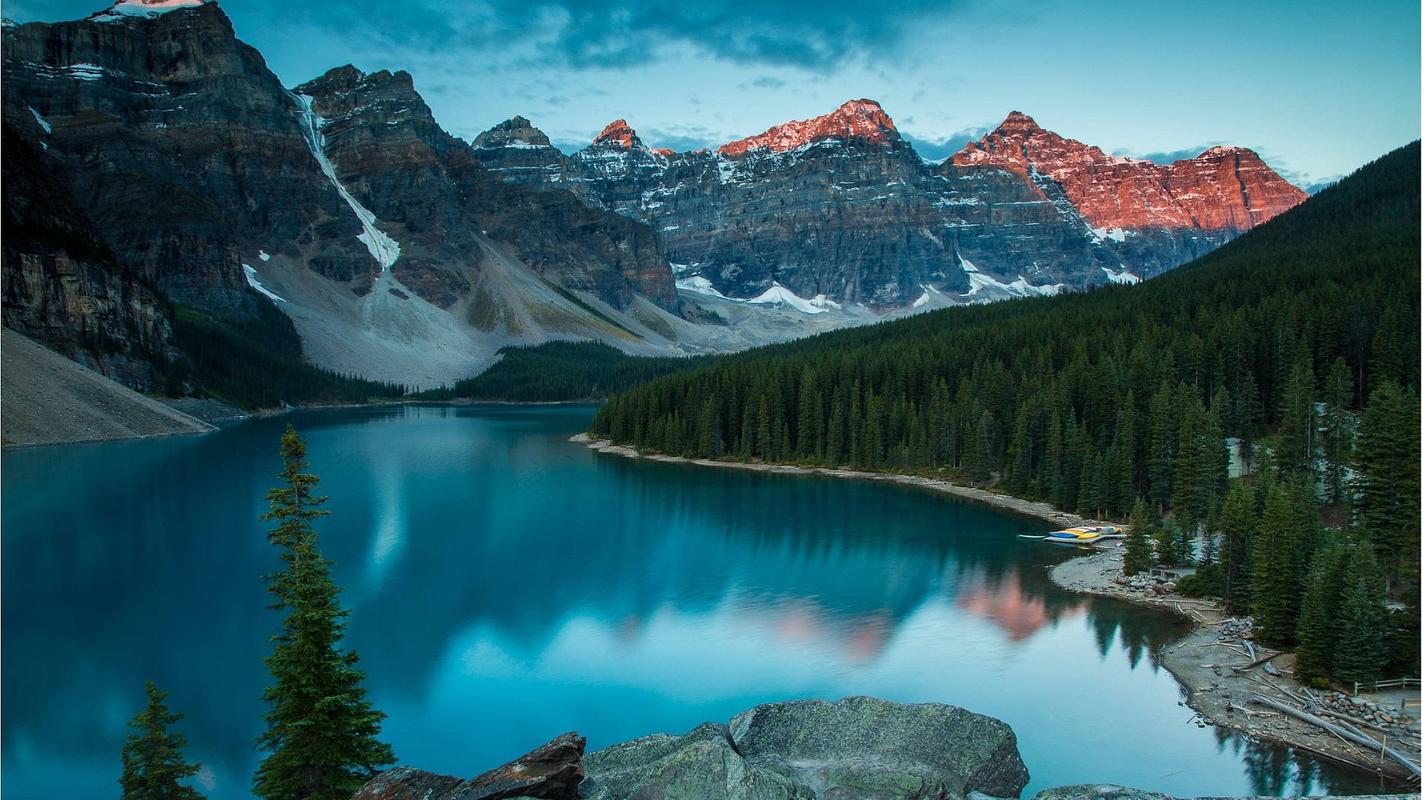Nicaragua is a land of genuine surprises! Most of us might know the country as the largest country in Central America with sandy beaches, tropical forests, and vast lakes. However, there is much more to Nicaragua than its natural beauty. The country boasts a vibrant cultural heritage that is deeply rooted in its history, traditions, and customs. In this article, we will explore the vibrant culture and traditions of Nicaragua and uncover some fascinating insights into this unique land.
Firstly, let’s dive into the history of Nicaragua. Nicaragua’s history is a story of colonial rule, revolution, and social upheaval. The first inhabitants of Nicaragua were indigenous people like the Nahuatls, Chibchas, and Sumos. The Spanish arrived in the 16th century and ruled Nicaragua for over three centuries. They left their deep imprint on the Nicaraguan culture, including the Spanish language, religion, and architecture. The country gained independence from Spain in 1821 and later faced centuries of political turmoil and revolutions.
One of the most intriguing aspects of Nicaraguan culture is its delicious cuisine. Traditional Nicaraguan food is a colorful and delicious mix of indigenous and Spanish flavors. Corn is the staple of Nicaraguan cuisine, and it’s used to make tortillas, tamales, and the famous Nacatamal. The Nacatamal is an iconic dish made by wrapping ground pork, rice, and vegetables in a corn husk and steaming them. Nicaragua also has a rich tradition of coffee production, and their coffee is considered among the best in the world.
Next, let’s explore Nicaraguan dance and music. Nicaraguan music is a blend of indigenous, Spanish, and African influences. The Marimba is the most popular traditional musical instrument in Nicaragua, and its sound is used in various types of music, including Salsa, Cumbia, and Reggaeton. The “Palo de Mayo” and “La Gigantona” are two traditional Nicaraguan dances that are popular during festivals.
Nicaragua also celebrates many festivals and traditions throughout the year. One of the most famous events in Nicaragua is the “Carnival of San Juan” held in the city of Granada. During this carnival, people dress in colorful costumes, play music, dance on the streets, and enjoy traditional food. Semana Santa or Holy Week is another essential religious festival traditionally celebrated across Nicaragua.
Finally, let’s discuss the Nicaraguan people’s values and traditions. Nicaraguans are warm, friendly, and hospitable people. They value family, community, and loyalty. Nicaraguans also have a strong patriotic spirit, and they are fiercely proud of their country. The people of Nicaragua love to celebrate their history and experiences, which has influenced their culture and traditions.
In conclusion, Nicaragua is a country rich in culture, history, tradition, and natural beauty. From its delicious cuisine and vibrant music and dance to its colorful festivals and warm and welcoming people, Nicaragua is a truly unique place. Whether you’re a fan of adventure or just looking to soak up some of Central America’s fascinating culture, Nicaragua is a destination that should be on your radar.
(Note: Do you have knowledge or insights to share? Unlock new opportunities and expand your reach by joining our authors team. Click Registration to join us and share your expertise with our readers.)
